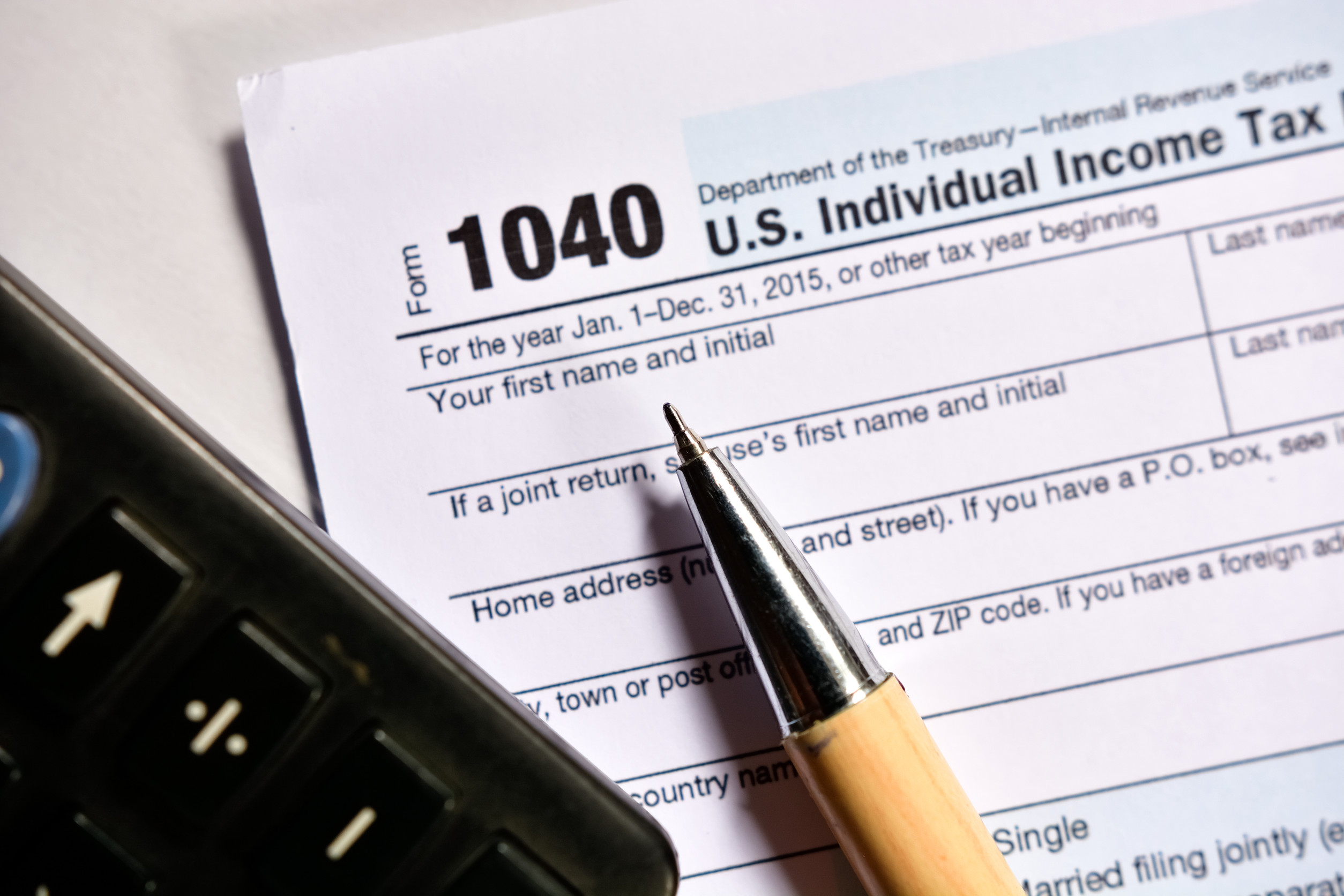
It’s hard enough planning for your family’s future after you’re gone, but all that careful effort can unravel if one tiny detail gets missed. For many families, missing one tax form during estate or inheritance filings has led to expensive delays, surprise bills, and even lost assets. Tax forms may seem like dry paperwork, but the IRS doesn’t forgive easy mistakes just because your loved ones are grieving. A single overlooked document can trigger audits, penalties, and heavy taxes that eat into your hard-earned legacy. Here are five real ways this common oversight can create massive financial headaches for your heirs.
1. Delayed Inheritance Distributions
When heirs are waiting for funds from a will or trust, timing matters—and so do tax forms. If a required form isn’t filed, it can prevent the estate from being closed or money from being released. One of the most frustrating consequences of missing one tax form is the administrative freeze that follows. Beneficiaries may end up waiting months, even years, for money they expected to access quickly. What should have been a smooth transition can turn into a drawn-out legal and financial mess.
2. Unexpected Tax Penalties and Interest
Many tax forms are tied to deadlines, and once those are missed, the IRS starts adding penalties and interest. If your estate requires a Form 706 for estate taxes or a Form 8971 to report asset values, skipping it can result in significant fines. What your heirs don’t know can hurt them—especially when those penalties keep growing by the month. Even if the estate itself isn’t taxable, the failure to file the proper paperwork can bring fines no one saw coming. These surprise costs chip away at the inheritance you worked so hard to build.
3. Loss of Step-Up in Basis
One of the most valuable tax benefits your heirs can receive is the “step-up in basis,” which adjusts the value of inherited assets to their fair market value at the time of death. But missing one tax form—especially the Form 8971—can jeopardize this benefit. Without proper documentation, the IRS may require your heirs to use the original purchase price instead of the stepped-up value. That means much higher capital gains taxes when they sell inherited property or investments. What could have been a tax-free windfall turns into a financial drain.
4. Denied IRA Inheritance Options
Inheriting a retirement account, like an IRA or 401(k), comes with its own set of tax rules—and specific forms to file. If your heirs miss the deadline to file a beneficiary designation form or Form 5329, they could lose the option to stretch out withdrawals over time. Instead, they might be forced to withdraw the entire account within a short window, triggering a big tax bill in a single year. This is a costly outcome that could have been avoided with just one properly submitted form. The lack of flexibility may derail your heirs’ financial plans entirely.
5. Triggering an IRS Audit on the Estate
An incomplete or inconsistent tax file is one of the fastest ways to attract IRS attention. Estates that skip or overlook required documents—such as the estate income tax return (Form 1041)—raise red flags. If your estate gets audited, your heirs could be forced to dig through records, hire legal help, and delay the distribution of assets. And if mistakes are found during the audit, your family may owe even more. When missing one tax form invites government scrutiny, it adds stress to an already difficult time.
Don’t Let a Paperwork Error Undermine a Lifetime of Planning
You can’t control everything that happens after you’re gone, but you can control the paperwork you leave behind. Missing one tax form might seem small, but the consequences can be huge for the people you love most. Whether you’re managing your own estate or helping aging parents get organized, don’t leave tax forms to chance. Double-check what’s required, get professional guidance if needed, and make sure everything is filed correctly and on time. Your heirs deserve more than a financial mess—they deserve the legacy you intended to leave them.
Have you or your family run into issues with estate taxes or inheritance paperwork? Share your experiences in the comments to help others avoid similar pitfalls.
Read More:
6 Tax Breaks That Vanished Before Anyone Noticed
The Tax Classification That Quietly Changed After Retirement
The post 5 Ways Missing One Tax Form Can Cost Your Heirs Thousands appeared first on The Free Financial Advisor.

.jpg?w=600)





